Scientific Writing Assistant - Scientific Writing Aid
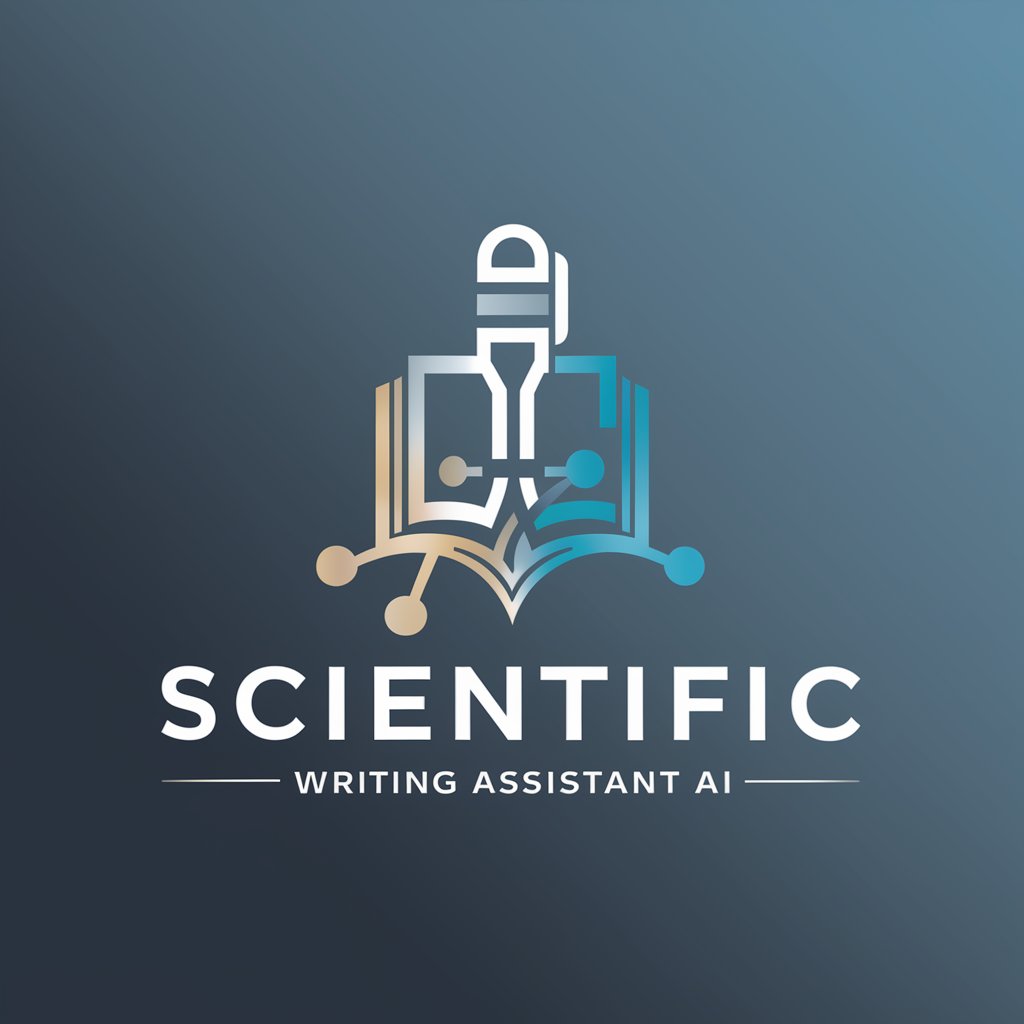
Welcome! How can I assist you with your scientific writing today?
Empower Your Research with AI
Explain the importance of...
How does [specific concept] influence...
What are the implications of recent findings in...
Describe the methodology used in...
Get Embed Code
Overview of Scientific Writing Assistant
The Scientific Writing Assistant is designed to support researchers, students, and professionals in crafting high-quality scientific papers. Its primary purpose is to enhance the clarity, coherence, and overall effectiveness of scientific communication. This tool provides assistance in structuring articles, refining arguments, ensuring adherence to scientific standards, and optimizing the presentation of data and results. For example, it can help transform bullet points or rough ideas about a study's findings into a well-organized draft, or offer suggestions for improving the language and flow of an existing manuscript. It's programmed to adapt to various scientific disciplines, offering tailored advice that ranges from statistical analysis interpretation to the presentation of biological experiments. Powered by ChatGPT-4o。

Core Functions of Scientific Writing Assistant
Text Refinement
Example
Improving the readability and precision of a draft discussing the impacts of climate change on coral reefs.
Scenario
A researcher has compiled their findings but struggles with conveying the complex interactions in an accessible manner. The Assistant can suggest revisions to enhance clarity and impact, ensuring the research is understandable to both scientists and policymakers.
Draft Creation
Example
Generating a manuscript draft from provided data on a new solar energy conversion technology.
Scenario
An engineer with groundbreaking experimental results lacks the time or experience to write a detailed paper. By inputting their data and findings, the Assistant helps structure a comprehensive draft, including sections on methodology, results, and implications.
Citation and Fact-Checking Guidance
Example
Advising on proper citation formats and identifying claims that require verification in a study about AI ethics.
Scenario
A philosophy student is writing a thesis on ethical considerations in AI development. The Assistant suggests appropriate scholarly sources for citation and highlights assertions that need backing, ensuring academic rigor and credibility.
Target Users of Scientific Writing Assistant
Academic Researchers
Individuals engaged in university or institutional research who need to publish their findings in peer-reviewed journals. They benefit from the Assistant's capabilities in structuring their papers, refining complex scientific language, and adhering to publication standards.
Graduate and Undergraduate Students
Students working on theses, dissertations, or class assignments in scientific fields. The Assistant helps them develop their ideas into structured arguments, improve their academic writing skills, and understand the requirements of scientific discourse.
Science Communicators and Educators
Professionals tasked with translating scientific knowledge into accessible language for the public or for educational purposes. They use the Assistant to ensure accuracy while making complex topics understandable and engaging to a broader audience.

How to Use Scientific Writing Assistant
1
Access the tool by visiting yeschat.ai to engage with Scientific Writing Assistant without the need for login or a ChatGPT Plus subscription.
2
Choose the specific feature you need, such as text review, draft creation, or query assistance, depending on your current writing task.
3
Input your text or bullet points into the system, providing clear and concise information for the assistant to process.
4
Interact with the assistant by asking specific questions or requesting feedback, ensuring that your queries are direct and relevant to your scientific discipline.
5
Apply the assistant's suggestions to enhance your manuscript, focusing on clarity, coherence, and academic rigor to optimize your writing.
Try other advanced and practical GPTs
Scientific Article Summary
Empowering research with AI-driven insights.
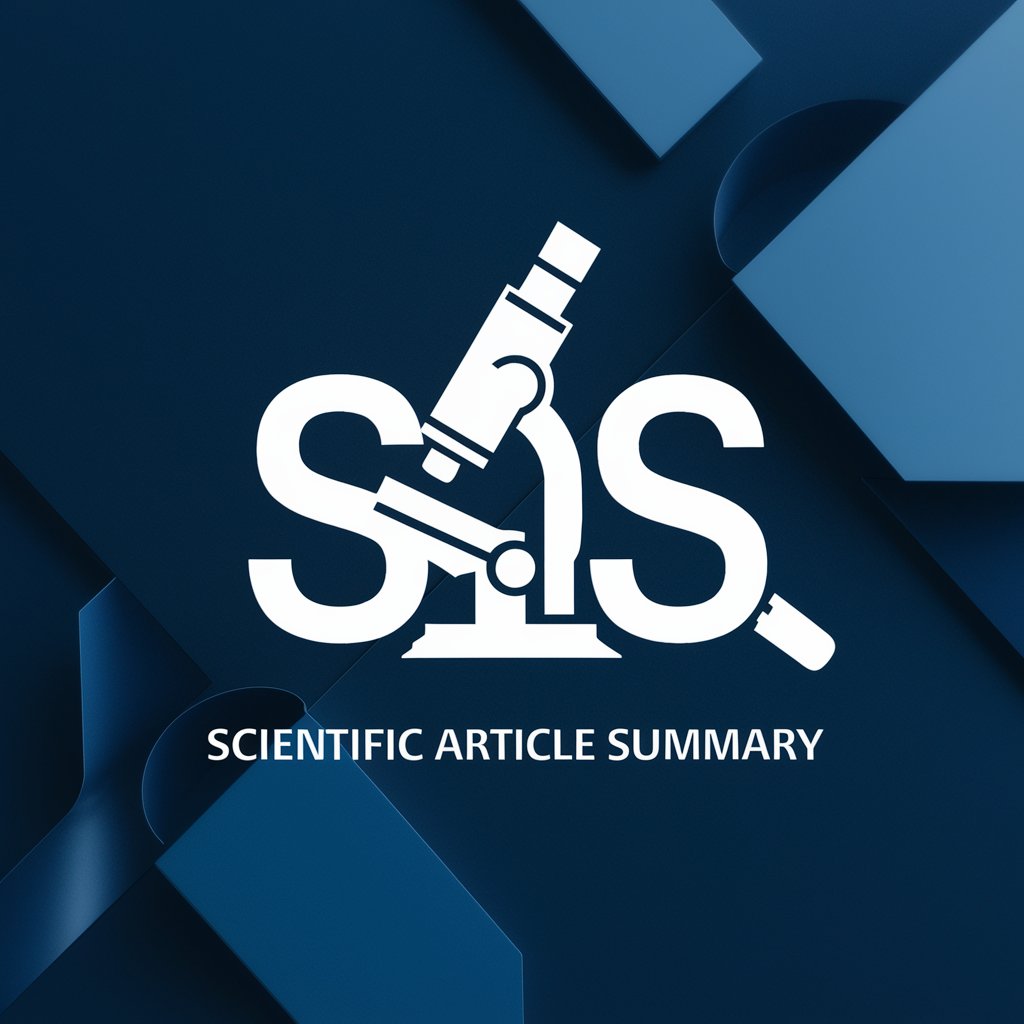
Scientific Research Assistant
Empowering research with AI intelligence.
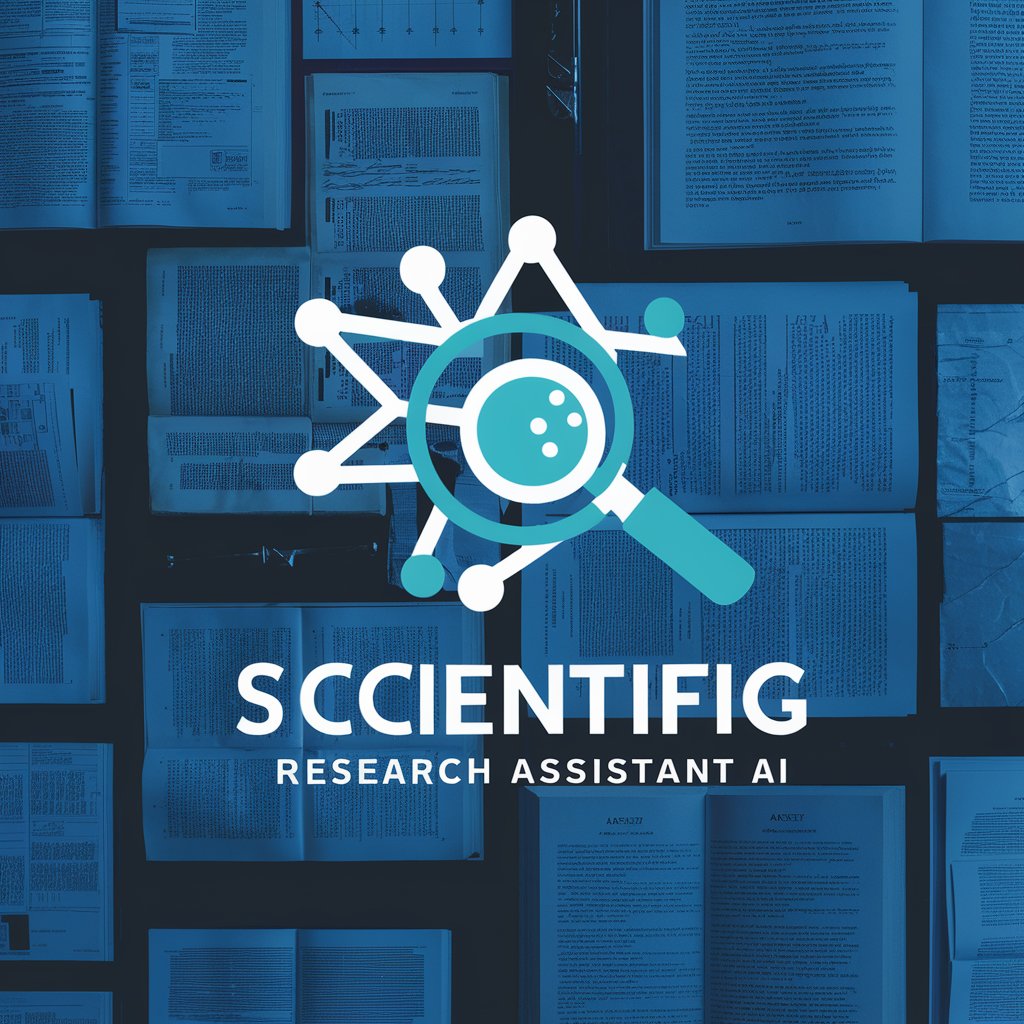
Advanced Scientific Article Reviewer
Elevate Your Research with AI-Powered Insights
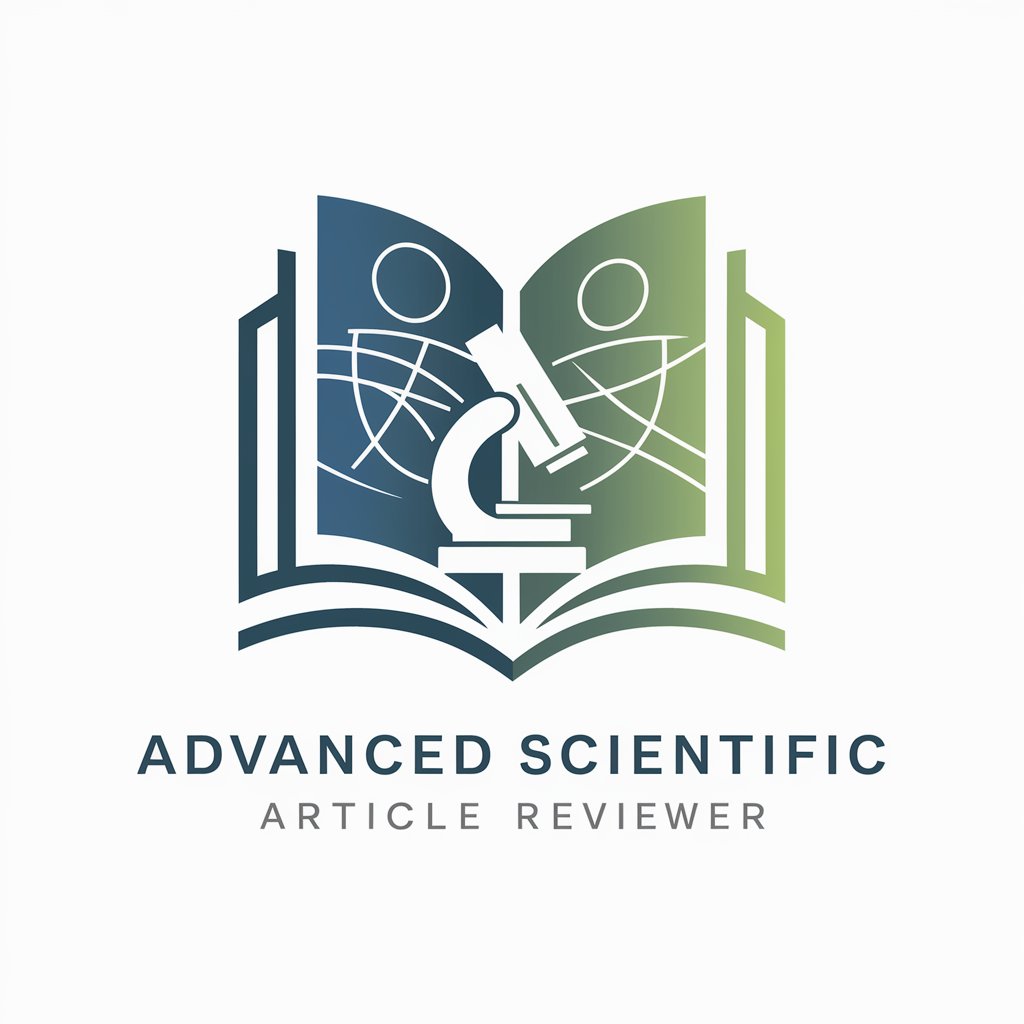
Scientific Article Writer GPT
Enhancing your research writing with AI precision.
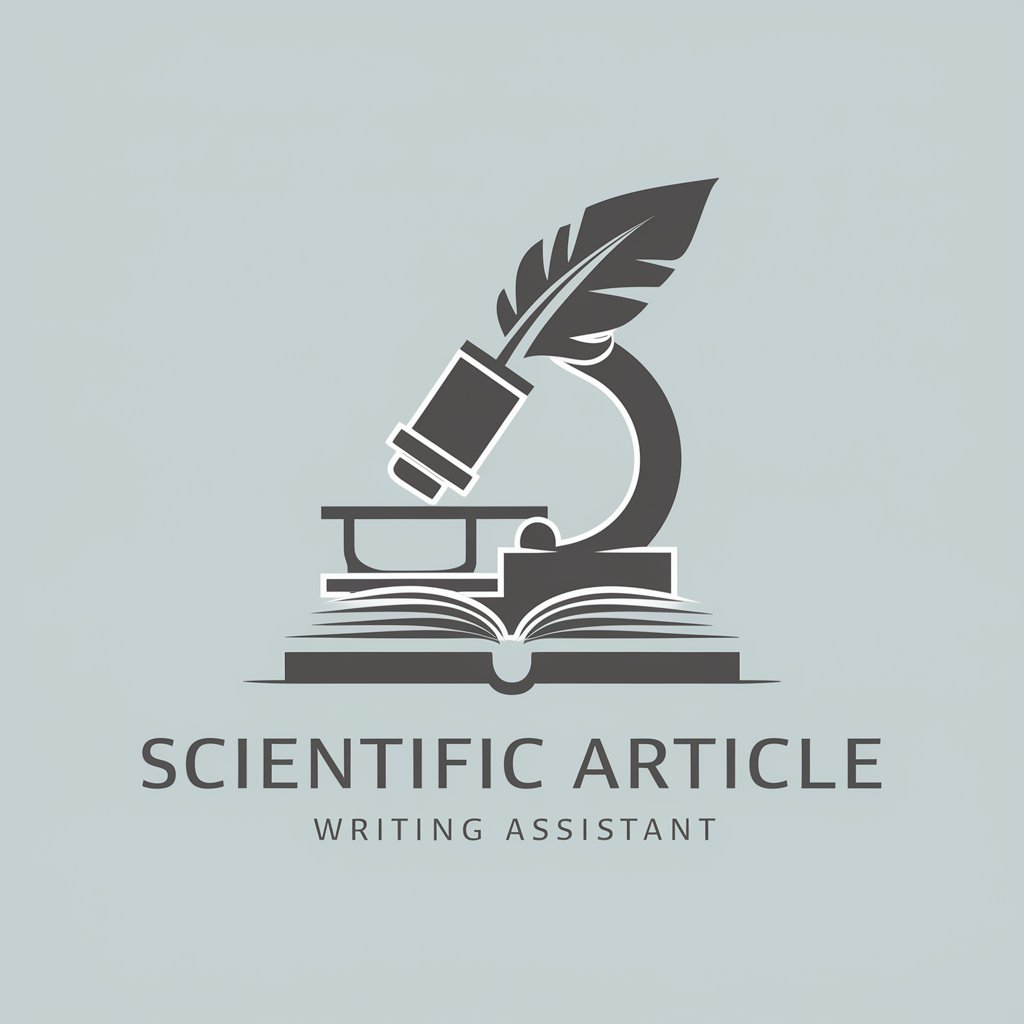
Scientific Explorer
Empowering discovery with AI-driven insights.
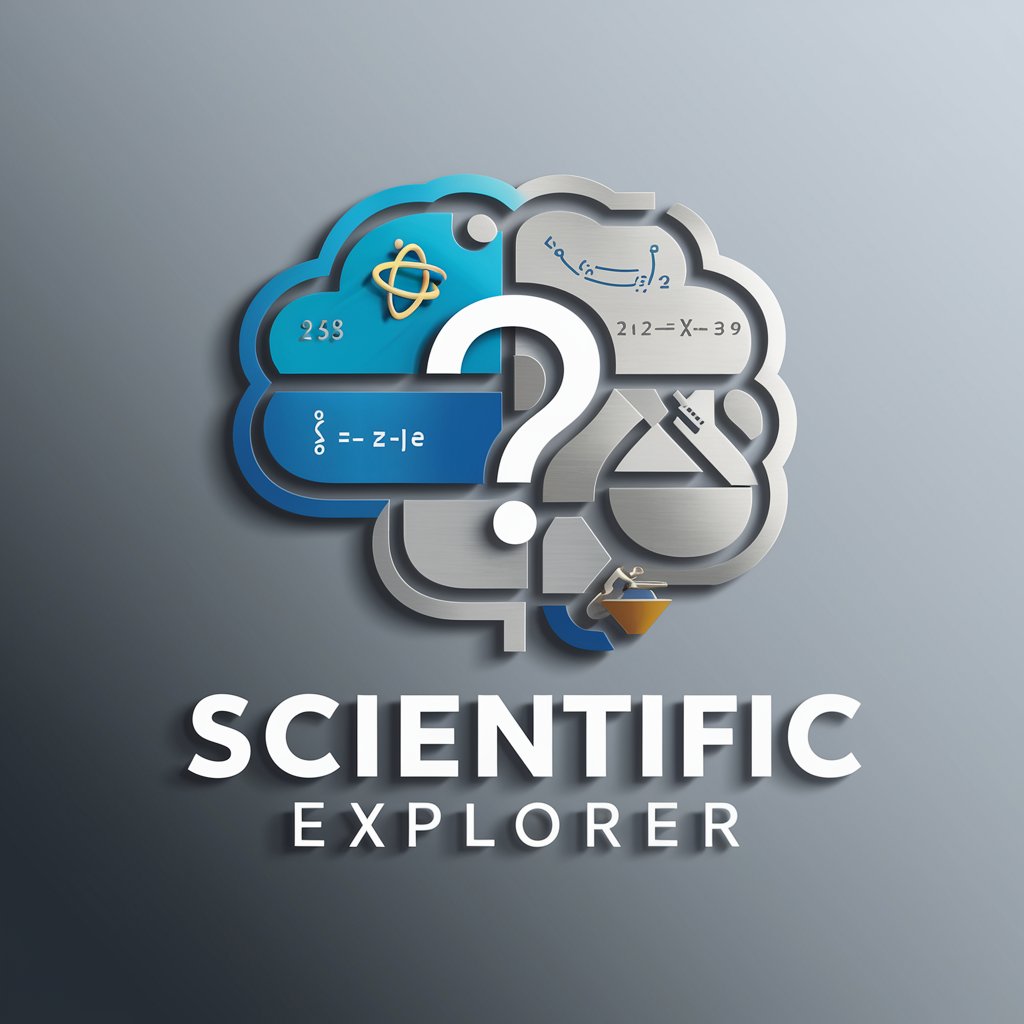
Scientific paper assistant
Elevate your research with AI-powered precision.
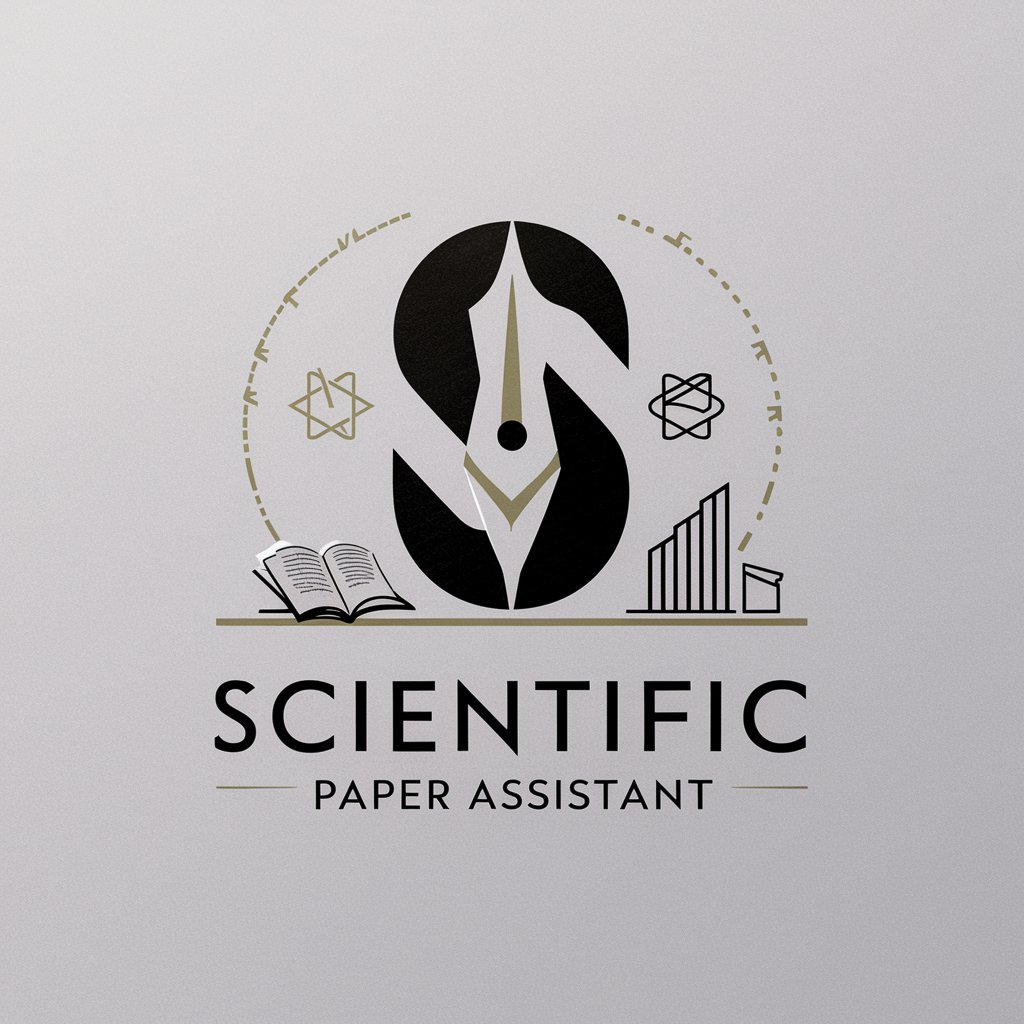
Scientific Paper Summarizer
AI-powered academic insights at your fingertips
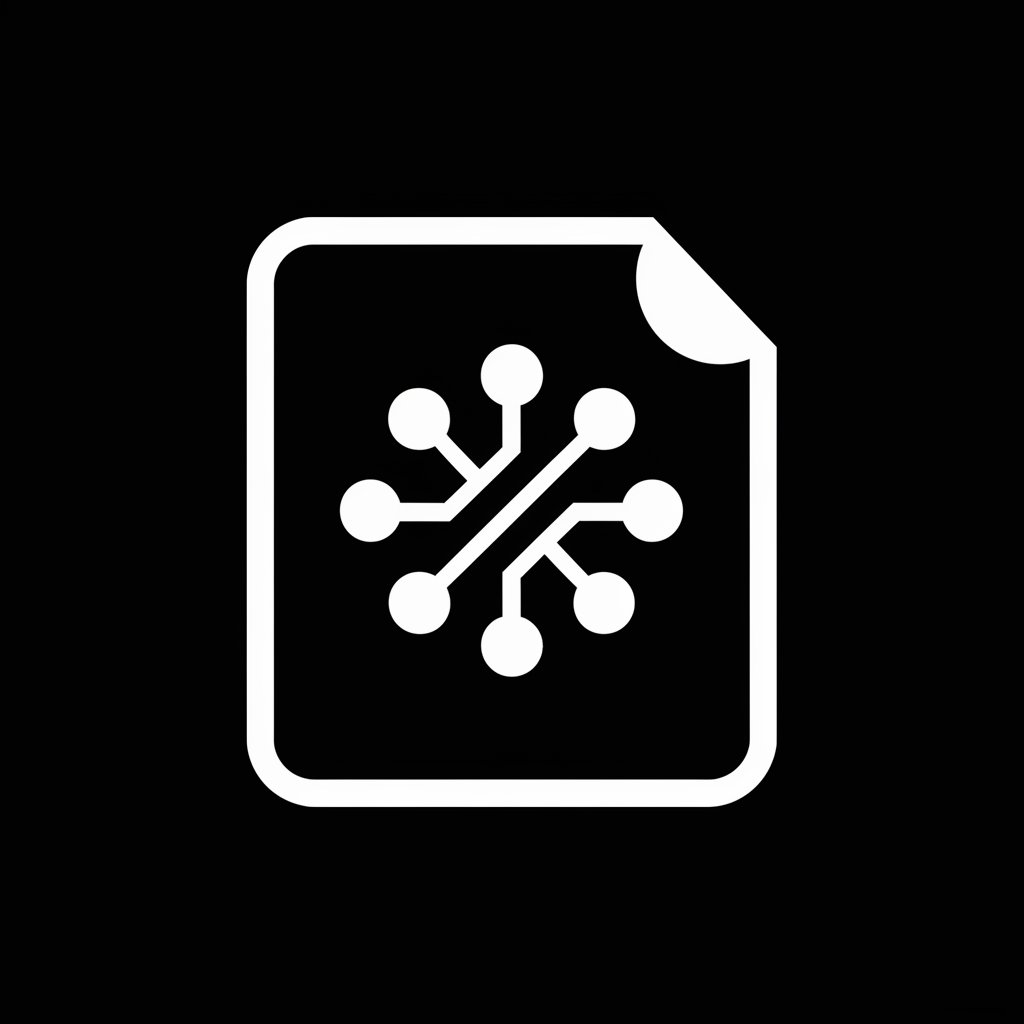
Scientific Article Summarizer
Unlock insights with AI-powered summaries
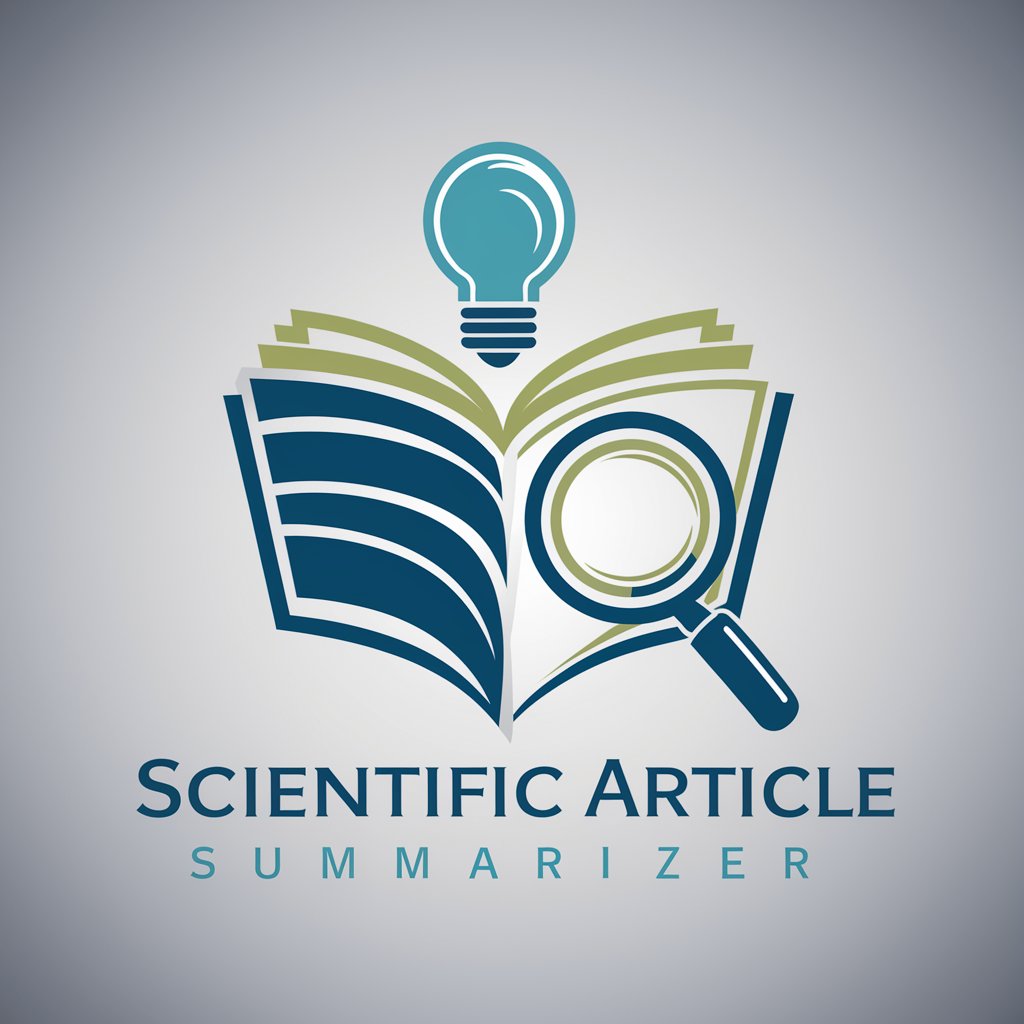
Culture Compass
Navigating Cultures with AI

Culture Coder
Decoding culture, reshaping realities.
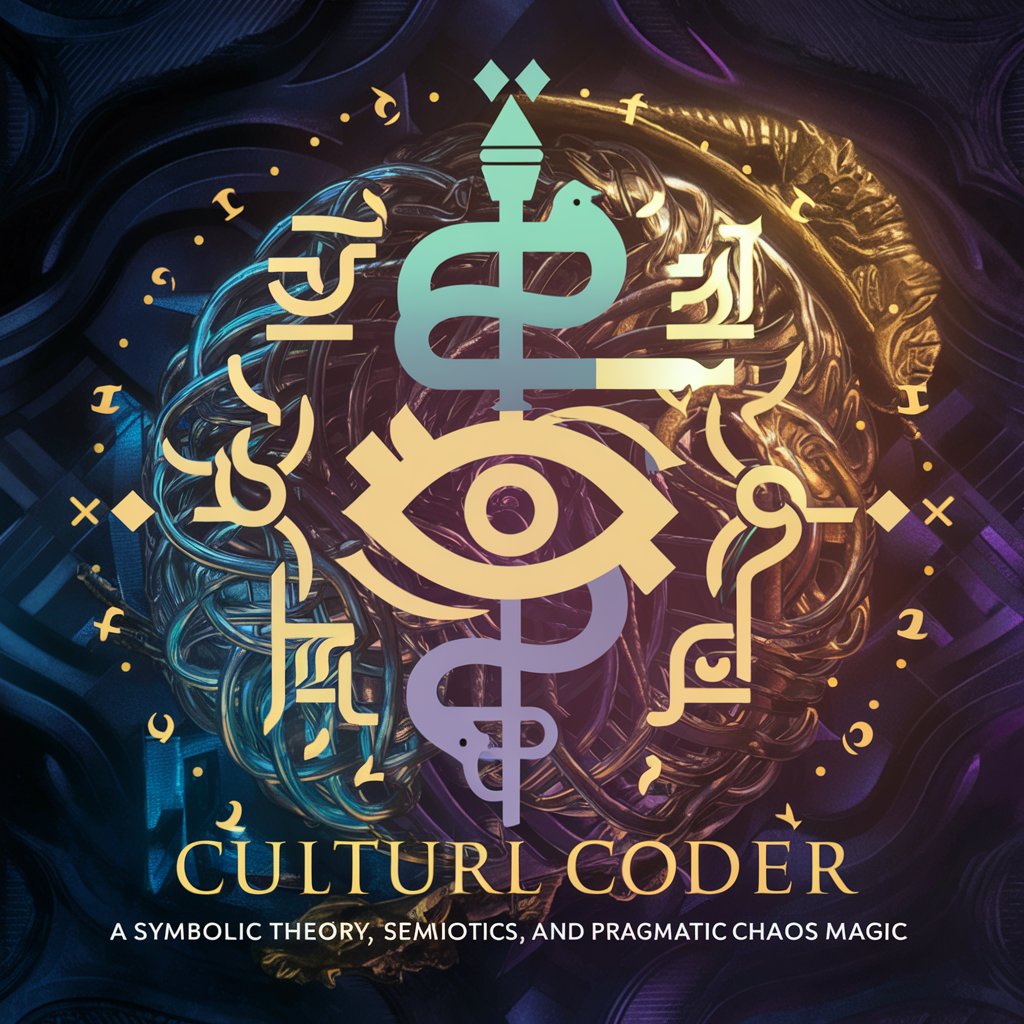
Culture administrative.
Empowering your firefighter exam success with AI.
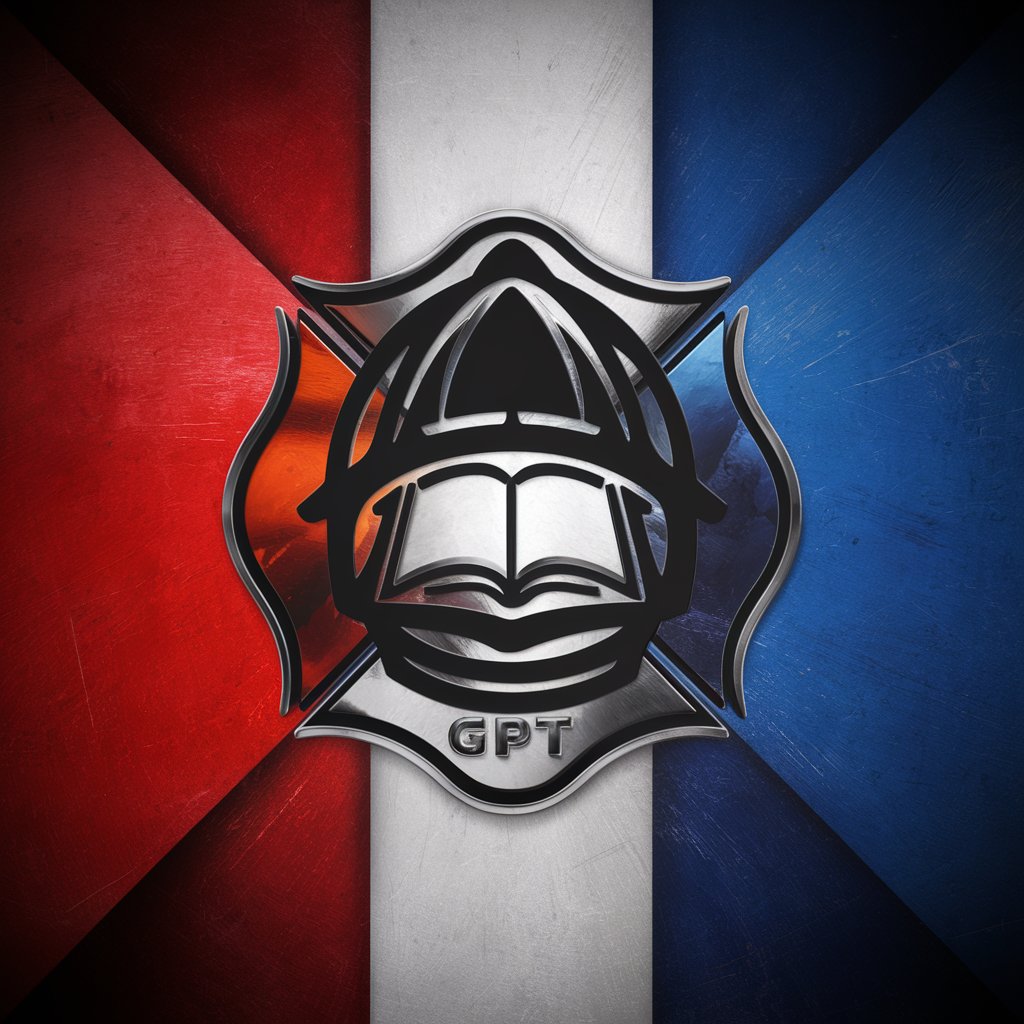
Black Hat
Master the Dark Arts with AI

Scientific Writing Assistant FAQs
What types of scientific documents can the Scientific Writing Assistant help with?
The assistant can support a wide range of scientific documents, including research papers, review articles, grant proposals, thesis chapters, and conference abstracts, across various scientific disciplines.
Can the Scientific Writing Assistant help with citation and referencing?
Yes, the assistant can guide you on proper citation and referencing styles, ensuring that your manuscript complies with academic integrity standards.
How does the Scientific Writing Assistant handle complex scientific terminology?
The assistant is programmed to understand and use complex scientific terminology appropriately, tailoring its suggestions to the specific field of study to maintain the accuracy and credibility of your writing.
Is the Scientific Writing Assistant capable of improving the structure of my scientific manuscript?
Yes, the assistant can provide recommendations on enhancing the structure of your manuscript, ensuring logical flow and coherence, which are crucial for reader comprehension and engagement.
Can the Scientific Writing Assistant adapt to different academic writing styles?
Absolutely, the assistant is versatile and can adapt to various academic writing styles, including APA, MLA, and Chicago, catering to the conventions and expectations of different scientific communities.
